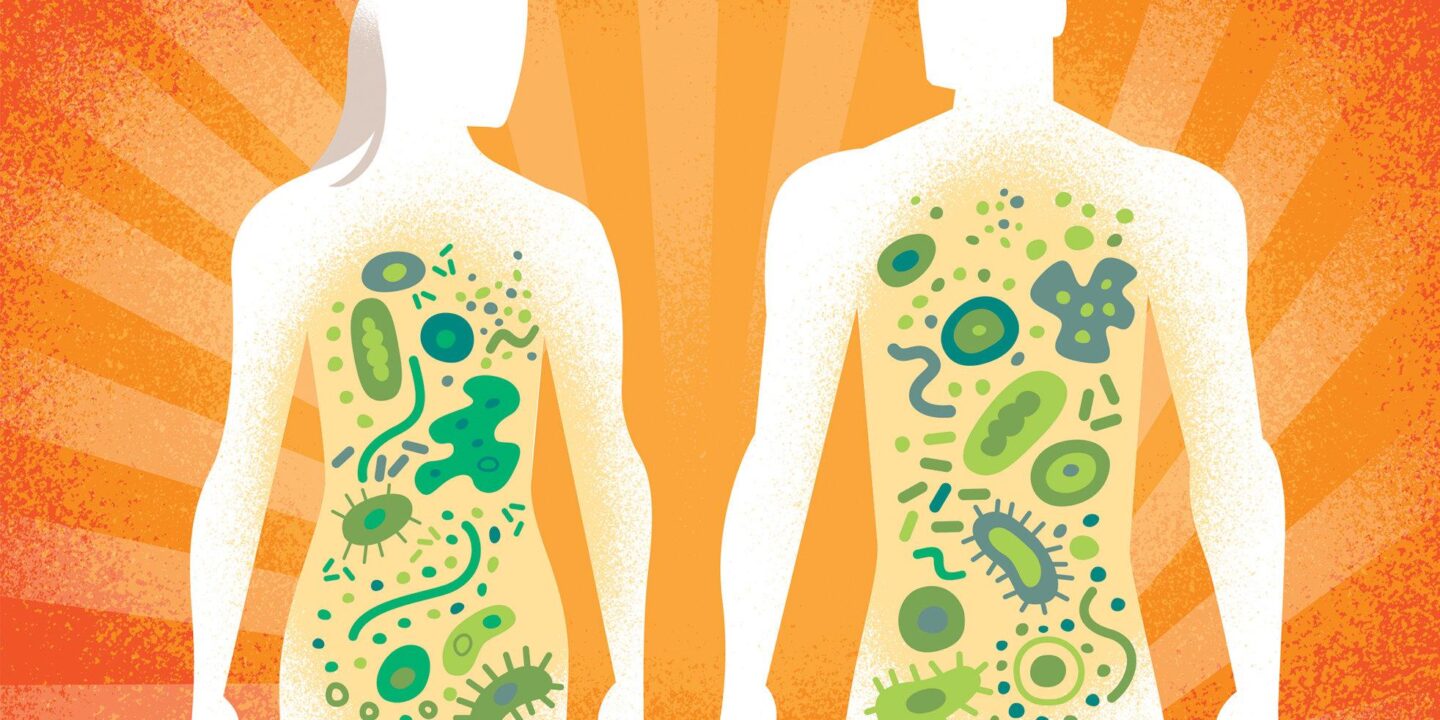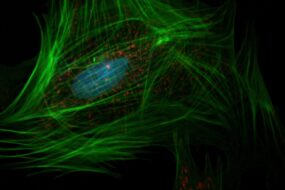
Imagine a world where your body is not just yours, but a complex ecosystem hosting trillions of tiny guests that influence your health, mood, and even your weight. Sounds like science fiction, right? But its not. Welcome to the engaging story of the human microbiome, a revolutionary discovery that’s changing the way we think about health and fitness. The human microbiome refers to the trillions of microorganisms living in and on our bodies, with the majority residing in our gut. these microorganisms play a crucial role in our overall health, from digesting food to regulating our immune system.
The concept of the human microbiome is not new, but recent advances in genetic sequencing have allowed scientists to explore this complex ecosystem in unprecedented detail. The Human Microbiome Project, launched in 2008, aimed to characterize the microorganisms living in and on the human body. The project’s findings were groundbreaking, revealing that the human microbiome is composed of over 1,000 different species of bacteria, with each person having a unique microbial fingerprint. This diversity is not just limited to the types of bacteria present, but also their functions, with different microbes performing different tasks.
One of the most meaningful discoveries in the field of microbiome research is the link between the gut microbiome and various diseases. Studies have shown that an imbalance of the gut microbiome, also known as dysbiosis, is associated with conditions such as obesity, diabetes, and even mental health disorders like depression and anxiety. For example, research has found that individuals with obesity have a different gut microbiome profile compared to those with a healthy weight, with changes in the ratio of certain bacterial species. This has led to a new area of research into the potential therapeutic applications of microbiome manipulation, including the use of probiotics and fecal microbiota transplantation.
But what exactly is the science behind the human microbiome? To understand this, let’s dive into the world of microbial interactions. The gut microbiome is a complex ecosystem where different microorganisms interact with each other and their host. These interactions can be either cooperative or competitive, with different microbes producing metabolites that can either promote or inhibit the growth of other microbes.For instance, certain bacteria in the gut produce short-chain fatty acids, which can provide energy to the cells lining the colon and help regulate inflammation. On the other hand, some microbes can produce toxins that can harm their host. The balance of these interactions is crucial for maintaining a healthy gut microbiome.
The impact of the human microbiome extends far beyond the gut. Research has shown that the microbiome influences our metabolism, with certain microbes playing a role in glucose and lipid metabolism. The microbiome also produces certain vitamins, such as vitamin K and biotin, and helps regulate our immune system.Moreover, there’s growing evidence that the microbiome is linked to our mental health, with the gut-brain axis being a bidirectional interaction network between the central nervous system and the enteric nervous system. This has led to a new area of research into the potential therapeutic applications of microbiome manipulation for mental health disorders.
Some of the key takeaways from microbiome research include:
the human microbiome is unique to each individual, like a fingerprint, and is composed of over 1,000 different species of bacteria. The gut microbiome plays a crucial role in our overall health, from digesting food to regulating our immune system.
An imbalance of the gut microbiome is associated with various diseases, including obesity, diabetes, and mental health disorders.
One of the most compelling case studies in the field of microbiome research is the story of a woman who suffered from debilitating obesity and other health issues. After undergoing a fecal microbiota transplant, she experienced a remarkable transformation, losing significant weight and seeing improvements in her overall health. this case study highlights the potential therapeutic applications of microbiome manipulation and has sparked further research into this area.
as we look to the future, it’s clear that the human microbiome will continue to be a major area of research, with far-reaching implications for our understanding of health and disease. whether you’re a fitness enthusiast, a health nut, or simply someone looking to improve their overall wellbeing, the story of the human microbiome is one that’s sure to captivate and inspire.
Some potential benefits of a healthy microbiome include:
Improved digestion and nutrient absorption
Enhanced immune function
Reduced inflammation
Improved mental health and mood
Weight management
Companies are now offering microbiome testing services, allowing individuals to gain insights into their unique microbial profile and receive personalized dietary recommendations.
#HealthFacts #FitnessJourney #WellnessStory #MedicalMystery #HealthTransformation #ScienceOfFitness #InfographicStory #MicrobiomeRevolution #GutHealth #PersonalizedNutrition








